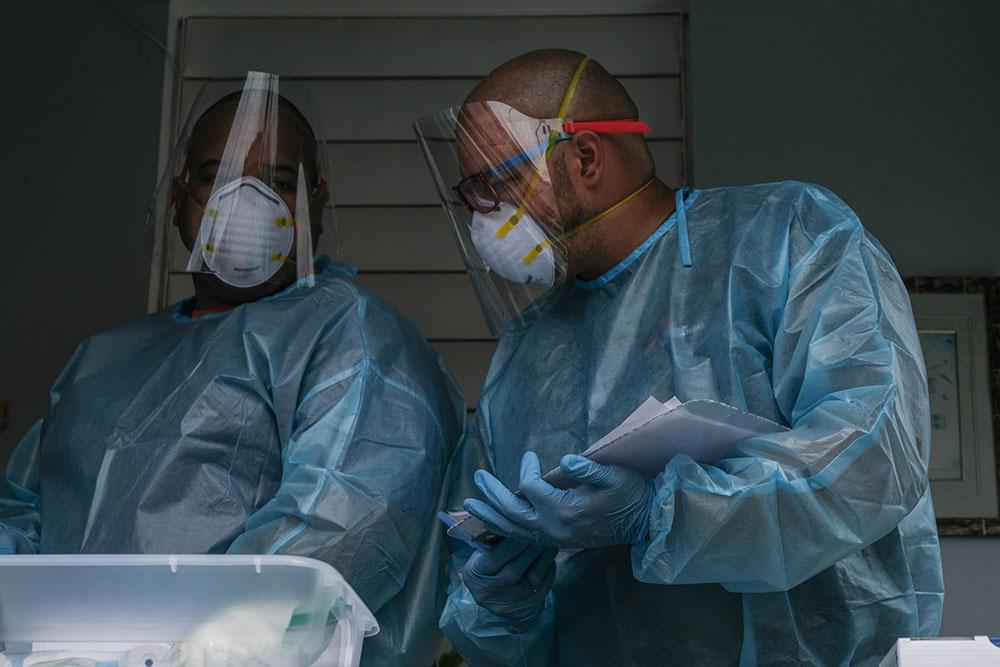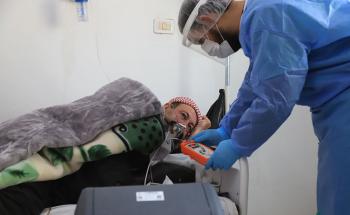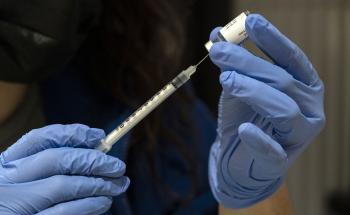With the World Health Organization (WHO) recommending baricitinib for the treatment of people with severe or critical COVID-19, Doctors Without Borders (MSF) calls on governments to take immediate steps to ensure that patent monopolies do not stand in the way of access to this treatment.
In hospitalised patients, the oral drug baricitinib can be a potential alternative to current WHO-recommended anti-interleukin-6 inhibitors monoclonal antibody treatments (mAbs) (tocilizumab and sarilumab) that remain in short supply for governments and patients in many low- and middle-income countries.
Baricitinib is already approved for other indications such as rheumatoid arthritis, and generic versions are already available in India and Bangladesh at much lower prices than those being charged by the patent holder, US pharmaceutical corporation Eli Lilly.
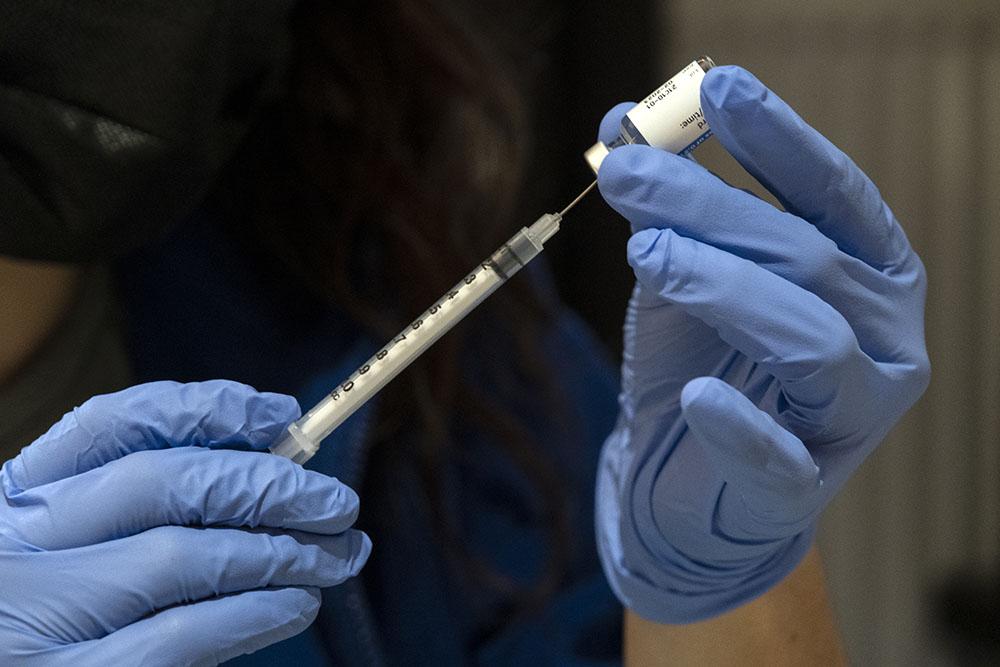
An Indian manufacturer priced baricitinib at R84.48 (US$5.50) per treatment course, and the lowest listed price in Bangladesh is R109,90 ($6.70) which is nearly 400 times less than Eli Lilly’s exorbitant listed price in July of R35 723,99 ($2326) per treatment course.
But in many countries, generic baricitinib will not be available as the drug is under patent monopoly, with Eli Lilly having filed and obtained patents widely, including in countries hit hard by the pandemic, such as Brazil, Russia, South Africa and Indonesia. Where patents are granted, the monopoly does not expire until 2029 and could even persist longer because of patent-term extensions.
Baricitinib is another example for why the TRIPS Waiver is urgently needed. A waiver of intellectual property (IP) obligations by member states allowed under the World Trade Organization (WTO) would comprehensively remove significant IP barriers on COVID-19 medical tools. This would include patents and pending patent applications that could impede generic production and supply of lifesaving treatments for COVID-19.
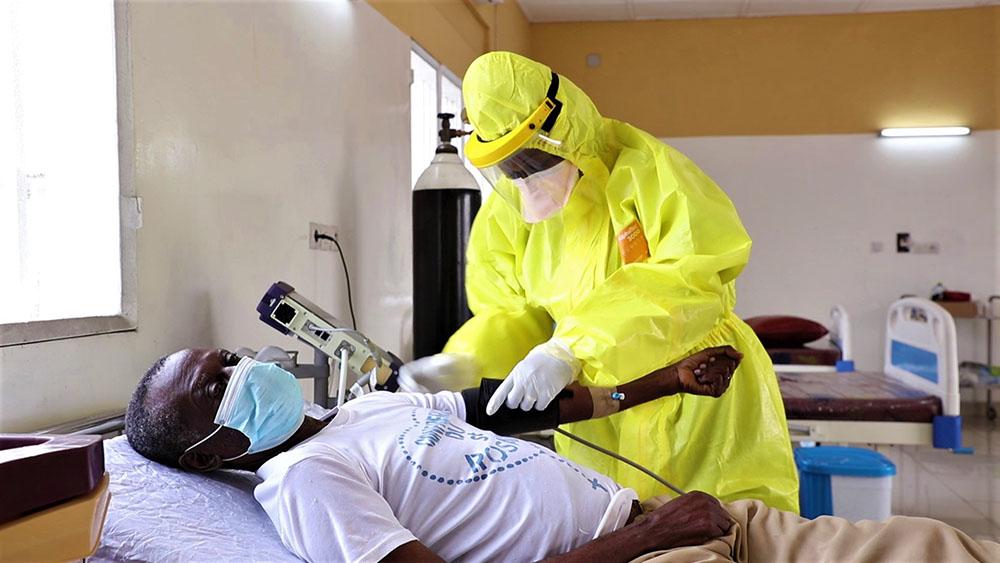
For nearly two years, we have helplessly witnessed people dying of COVID-19 amid catastrophic waves of disease. In countries where MSF works, the possibilities for providing high-level intensive care are limited, so saving more lives of people with severe and critical infections relies heavily on having access to affordable medicines that we can add to the steroids, oxygen and close supportive care that we already provide in our projects. As new treatments emerge, it will be simply inhumane if they remain unavailable in resource-limited settings, just because they are patented and too expensive.Dr Márcio da Fonseca, Infectious Diseases Medical Advisor, MSF Access Campaign
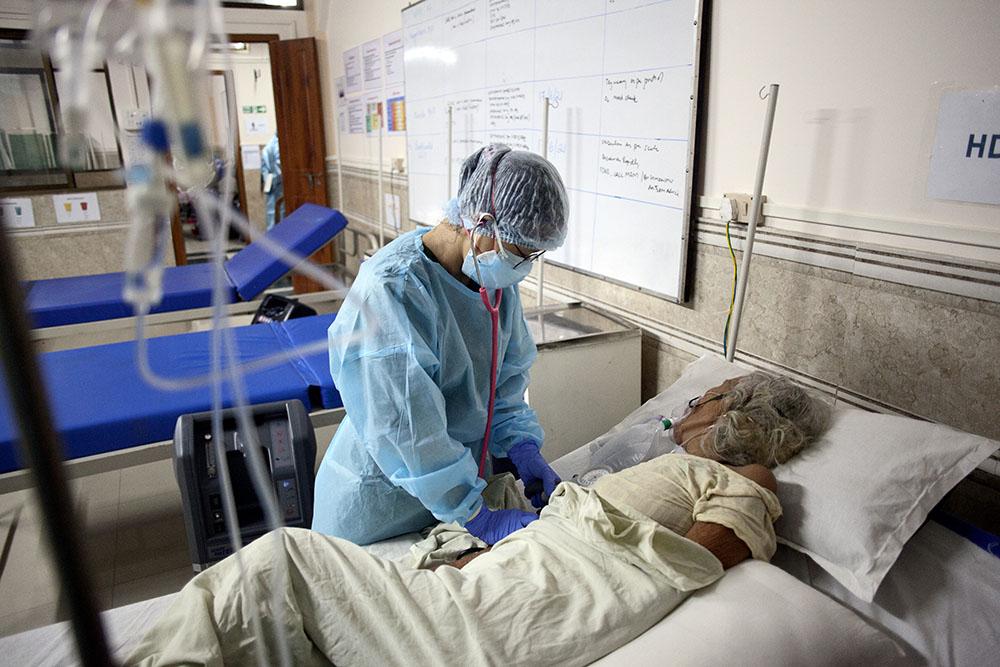
“Since the start of this pandemic, financially strapped countries have been struggling with inequitable access to all lifesaving COVID-19 medical tools such as oxygen, vaccines and tests because of hoarding by rich countries and pandemic profiteering by pharmaceutical corporations. With these proven therapeutics recommended by the WHO, it's time now for low- and middle-income countries to finally access these therapies that are already in routine use in many high-income countries.
Governments must step up and take immediate action, including calling for the adoption of the ‘TRIPS Waiver’ and the use of public health safeguards such as compulsory licensing to override patent monopolies, in order to ensure equitable, uninterrupted, sufficient, timely, and affordable generic production and supply globally.
“As many low- and middle-income countries continue to live in fear of more catastrophic COVID-19 waves in light of low vaccination coverage rates and the emergence of newer variants that may threaten the efficacy of existing preventive tools, equitable access to therapeutics such as baricitinib will be key for treatment providers to save as many lives as possible.”
